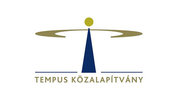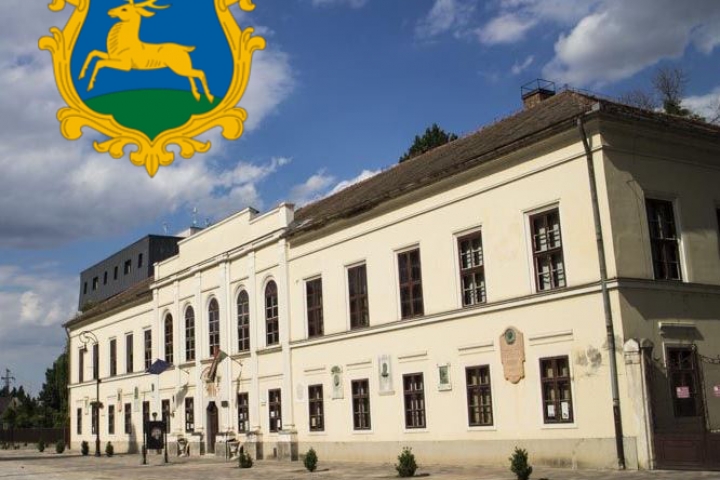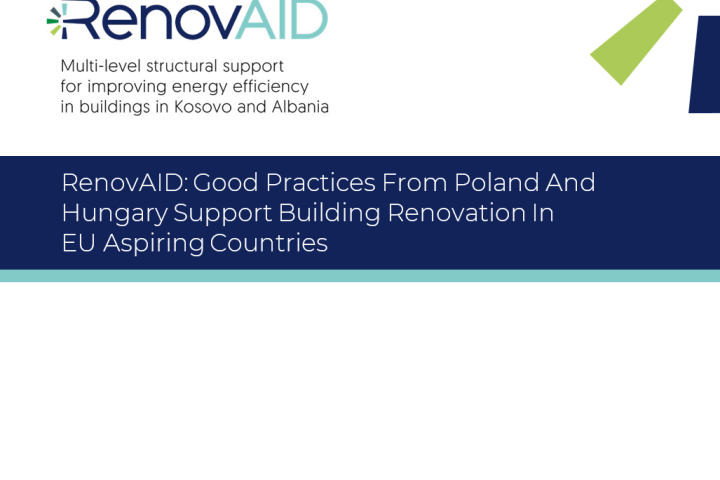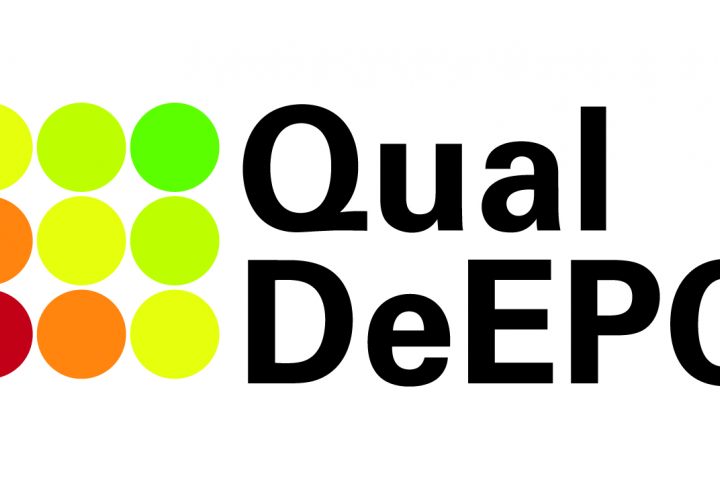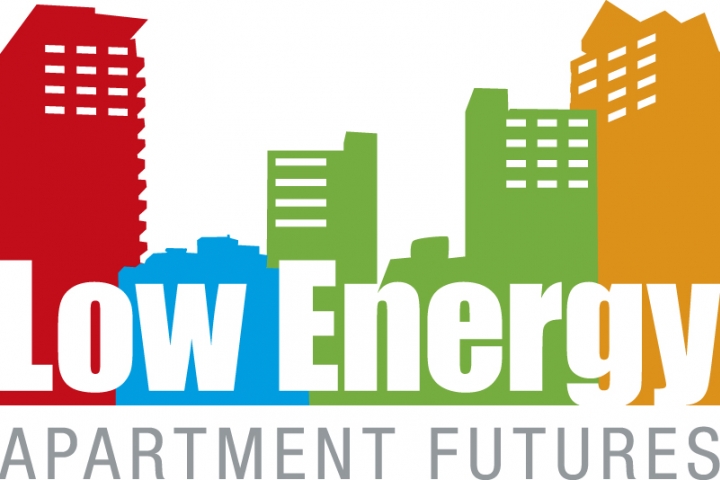Higher Education Package for Nearly Zero Energy and Smart Building Design
The Hi-Smart (Higher Education Package for Nearly Zero Energy and Smart Building Design) project has developed educational materials for students and professionals in Hungary, Slovakia and Germany by supporting the design, construction and operation of smart, energy efficient buildings. The multidisciplinary package covers sustainable building solutions, building services systems, renewable energy sources, and smart technologies for use in buildings.
The objective is to contribute to the professional design of nearly zero energy and smart buildings in line with the objectives of the European Directive on the Energy Performance of Buildings. The three-year project, which ran until August 2022, also focused on bringing students together with industry players, providing a platform for meetings and exchanges of experience. The project was implemented from 2019 to 2022 and, supported by the Erasmus + program.
Directive 2018/844 (30 May 2018) amended for the second time the EU directive on the energy performance of buildings, in the spirit of the strategic goal of a carbon-neutral economy, with a strong emphasis on near-zero energy and smart buildings. The directive is a challenge not only for transposition into national law, but also for the professional world. An essential element of this is to train experts and designers for the new tasks. To support this, the HI-SMART international education development project was launched.
The project was coordinated by the Energiaklub (Hungary) and the other participating partners were the Budapest University of Technology and Economics (Department of Building Engineering and Mechanical Process Engineering), the Technische Universitaet Kaiserslautern (Germany), and the Technical University of Bratislava (Slovenska Technicka Univerzita Bratislava). The fundamental problem is that near-zero energy buildings and smart technologies require specialized knowledge that most practitioners do not yet have. In the near future, a massive demand for the construction of such buildings is expected, and accordingly, demand for highly qualified designers and experts. Therefore, it will be necessary to train new professionals as well as to train professionals who are already practicing. In the project, therefore, we have developed educational modules for two target groups: on the one hand, a more detailed curriculum for BSc and MSc students in higher education, and on the other hand, a short intensive training package for practicing professionals.
The curriculum developed in the project is classified in six modules, which are the following:
Module 1 - Legislative background: EU directives (EPBD, RES, EED), definition of a near-zero energy building, strategies and action plans, energy statistics
Module 2 - Structural elements of nearly zero energy buildings: design strategies, passive use of solar energy, high efficiency thermal insulation, doors and windows, shading technology
Module 3 - Energy efficient technical building systems: energy efficient heat production, smart pumps, waste heat recovery in buildings
Module 4 - Utilization of renewable energies in buildings: thermal and photovoltaic utilization of solar energy, use of biomass in buildings, heat pumps
Module 5 - Smart Buildings: smart meters, smart control and automation, demand side management, smart cities, smart grids
Module 6 - Environmental and economic impact assessment: sustainability, global cost analysis / life cycle analysis, sustainability indicators, new construction and renovation, additional aspects (e.g. comfort, fire protection), environmental building certification schemes
Module 7 - Building energy simulation for higher education students
In our regular university education the training material is split into several MSc. courses (Renewable Energy Sources in Technical Building Systems, Intelligent Buildings, Energy in Buildings, Dynamic Simulation of Building Services Systems). During the pilot courses, we conducted questionnaire surveys among students in order to further develop the curriculum based on the feedback. In Hungary professionals are trained within the accredited training scheme of the Hungarian Chamber of Engineers at a one-day training program. The program has already been accredited by the Chamber. The educational materials are also available in the form of a textbook in Hungarian and English on the project website.

